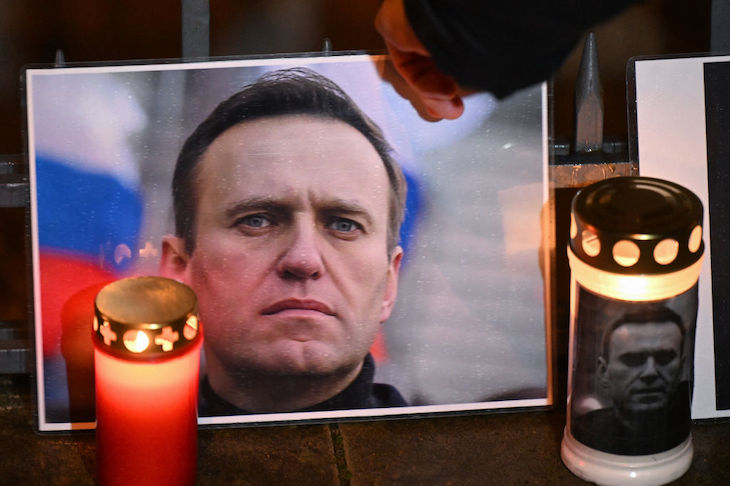With the Kremlin now claiming that it needs to hold on to the body of opposition leader Alexei Navalny for another fortnight for ‘tests’, there is little doubt in the West that Vladimir Putin’s regime was either directly or indirectly to blame. Inevitably, the talk is now of punishing it.
Already a subscriber? Log in
Subscribe for just $2 a week
Try a month of The Spectator Australia absolutely free and without commitment. Not only that but – if you choose to continue – you’ll pay just $2 a week for your first year.
- Unlimited access to spectator.com.au and app
- The weekly edition on the Spectator Australia app
- Spectator podcasts and newsletters
- Full access to spectator.co.uk
Or




















Comments
Don't miss out
Join the conversation with other Spectator Australia readers. Subscribe to leave a comment.
SUBSCRIBEAlready a subscriber? Log in